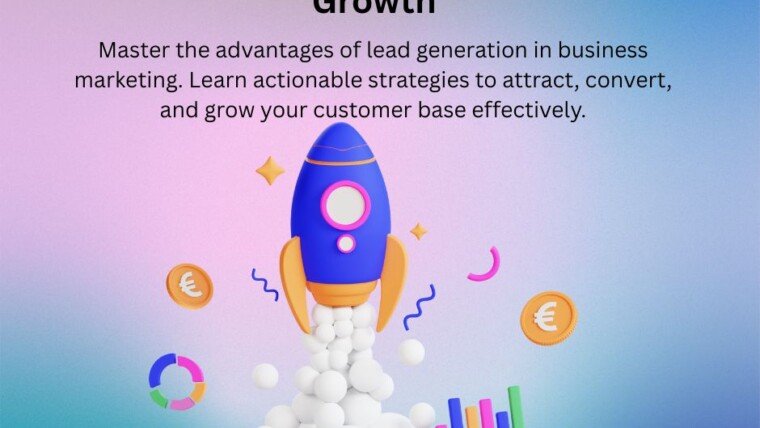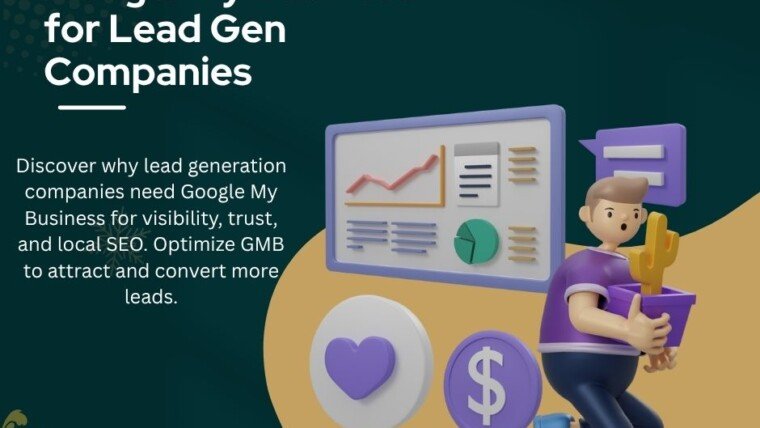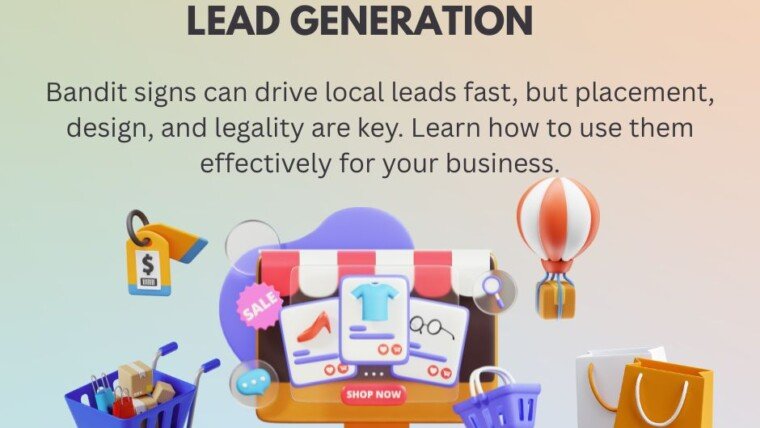Generating leads is a pivotal part of any business. But not all leads are created equal or come at the same cost. That’s where organic lead generation comes in. Unlike paid methods, organic lead generation helps you attract and convert customers without relying on constant advertising spend.
But what exactly is organic lead generation? How does it work, and how can businesses leverage it to grow sustainably? This guide will break down the essentials of organic lead generation, explain why it matters, and show actionable strategies to get started.
What Is Organic Lead Generation?
Organic lead generation refers to the process of attracting potential customers to your business naturally, without using paid advertisements. It relies on leveraging free or earned channels like SEO, blog content, social media, email marketing, and referrals to create a pipeline of interested leads.
The key differentiator between organic and paid lead generation is the method of attracting your audience. Organic strategies focus on providing value that naturally draws people to your brand instead of bidding for their attention through pay-per-click ads or sponsored campaigns. To dive deeper into one of the most powerful organic methods, check out our SEO Lead Generation Beginner’s Guide.
Why Is Organic Lead Generation Important?
Organic lead generation offers businesses several benefits that make it a highly effective strategy for long-term growth. Here are a few key reasons why it matters:
- Cost Effectiveness: Once implemented, organic strategies like SEO or content marketing continue delivering results without requiring constant financial input. Think of it as an investment with compounding returns.
- Sustainability: Organic lead generation focuses on building relationships and trust over time, making it a more sustainable and lasting approach to growing your business.
- Higher-Quality Leads: Leads generated organically are often more engaged and genuinely interested in your product or service. They seek you out for solutions, meaning they’re more likely to convert.
- Brand Authority: Consistently offering value through free resources like blog content or social media posts positions your business as a trusted authority in your niche.
Key Organic Lead Generation Strategies
Now that you understand the importance of organic lead generation, how do you get started? Below, we explore some of the most effective strategies to organically generate leads.
1. Create High-Value Blog Content
Content marketing is one of the most potent tools for organic lead generation. Valuable, informative blog posts that address your target audience’s pain points can attract readers to your website and position your business as an industry authority.
Tips for Creating Engaging Blog Content:
- Target Relevant Keywords: Conduct keyword research to identify terms your audience is searching for. Optimize each blog post with targeted, long-tail keywords to improve visibility on search engines.
- Solve Problems: Focus on content that answers your audience’s questions or solves their challenges. For example, a software company might write a blog post titled “5 Ways to Improve Team Productivity with Project Management Tools.”
- Include Lead Magnets: Amplify your lead generation efforts by including downloadable resources like eBooks, whitepapers, or templates in exchange for the reader’s email.
2. Harness the Power of SEO
Search Engine Optimization (SEO) is foundational to organic lead generation. By optimizing your website for search engines, you can drive highly targeted traffic interested in what your business offers.
SEO Best Practices for Lead Generation:
- Optimize On-Page Elements: Ensure your title, meta descriptions, headers, and image alt text include relevant keywords.
- Write Evergreen Content: Focus on topics that remain relevant over time to continually attract visitors.
- Earn Backlinks: Build authority by getting backlinks from trusted websites in your niche, boosting your search rankings.
- Improve Website Speed: Loading time matters to both users and search engines. Ensure your site performs well across devices.
3. Leverage Social Media Channels
Social media is a powerful platform for building communities and sharing valuable content. By fostering an engaged audience on platforms like Instagram, LinkedIn, or Twitter, you can generate leads organically without spending on ads.
Effective Social Media Tips:
- Post Consistently: Regular posting keeps your brand top-of-mind for your audience.
- Engage with Followers: Actively respond to comments or messages to build genuine relationships.
- Use Hashtags: Keywords and trending hashtags help your content reach the right audience.
- Promote Lead Magnets: Share resources like webinars or checklists that require users to provide their contact information.
4. Use Email Marketing
Don’t underestimate the power of email marketing in organic lead generation. By nurturing subscribers with valuable, personalized content, you can convert them into paying customers over time.
Email Marketing Tips:
- Offer a Free Resource: Encourage visitors to join your email list by offering a downloadable guide, access to exclusive content, or other incentives.
- Segment Your Audience: Group your email list by interests or needs to send relevant messages that resonate with subscribers.
- Provide Value: Share actionable tips, exclusive insights, or updates tailored to your audience’s priorities.
- Include Clear CTAs: Each email should have a defined call-to-action (e.g., “Download the Whitepaper” or “Schedule a Free Consultation”).
5. Encourage Customer Referrals
Happy customers can be one of your best lead generation tools. Build a referral program to encourage satisfied customers to recommend your business.
How to Build an Effective Referral Program:
- Offer Incentives: Provide discounts, free products, or other perks as a thank-you for each successful referral.
- Make the Process Easy: Give customers simple referral links or pre-written messages they can easily share.
- Show Gratitude: Recognize and thank customers who refer others, even if they don’t convert immediately.
6. Engage with Online Communities
Participating in online forums and communities lets you offer value to your audience where they are already spending their time. Platforms like Reddit, Facebook Groups, and niche forums can help generate highly targeted leads.
Best Practices for Community Engagement:
- Answer Questions: Provide clear, helpful answers to people’s questions.
- Avoid Sales Pitches: Focus on building relationships instead of pushing your product or service.
- Share Resources: Link to blog posts or guides (when relevant) to drive interest in your brand.
How to Measure Your Organic Lead Generation Efforts
Measuring results is essential to ensure your organic lead generation strategies are working. Key metrics to monitor include:
- Traffic Sources: Use Google Analytics to track which channels drive the most traffic to your site.
- Conversion Rates: Measure the percentage of visitors who become leads by signing up for your list or engaging with a lead magnet.
- Engagement Levels: Monitor time on page, bounce rates, and social media interactions to gauge interest.
Build a Strong and Sustainable Lead Generation Strategy
Organic lead generation creates long-term, meaningful connections with your audience without continuously burning through your marketing budget. Whether you’re refining your SEO strategy, creating killer blog content, or engaging on social media, each step you take contributes to building a sustainable system for attracting and converting leads.
Not sure where to start? Identify the strategies that align best with your audience, test them out, and refine your approach based on the results.
By focusing on organic strategies now, you’ll not only bring awareness to your business but also set the stage for long-term growth.








What is a Lead Magnet in Digital Marketing and Why Does It Matter?
Mastering Advantages Business Marketing
Do Lead Generation Companies Need Google My Business?
Do Bandit Signs Work for Generation of Leads